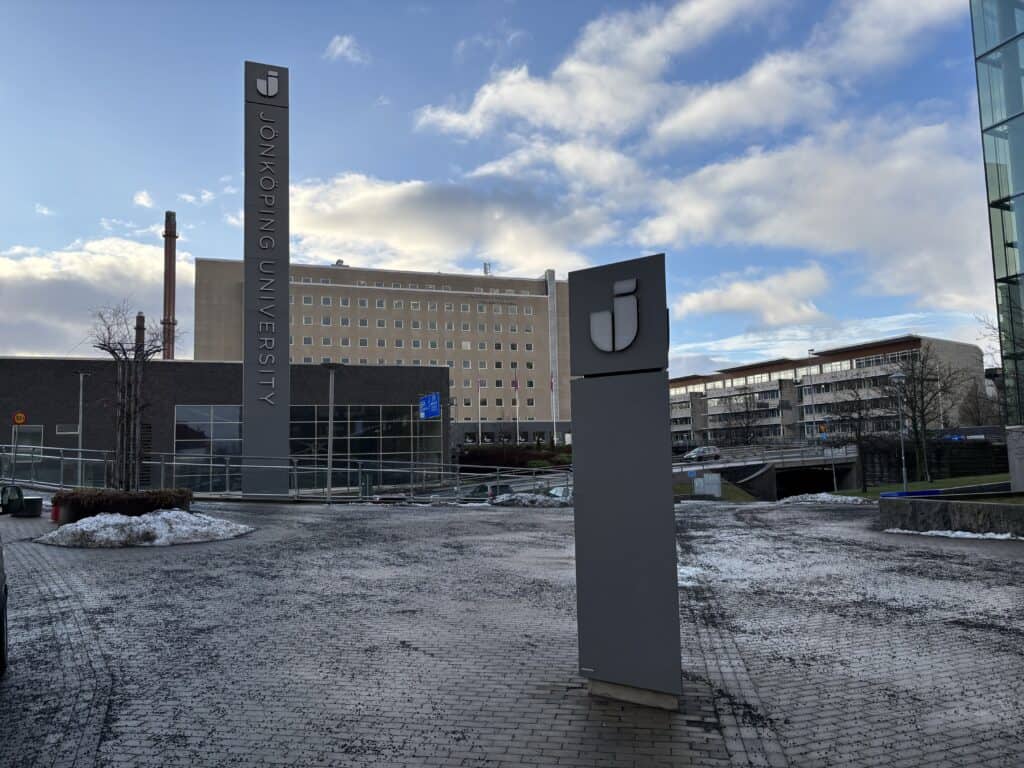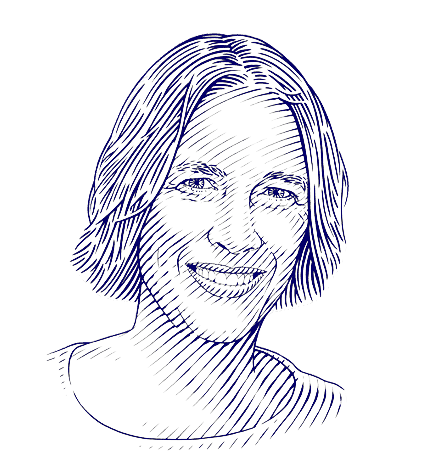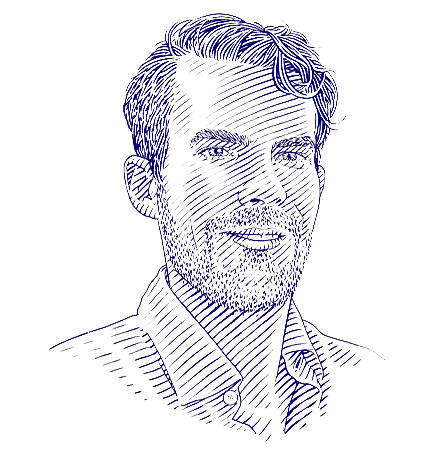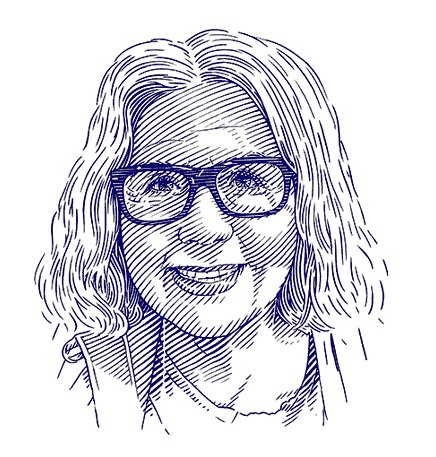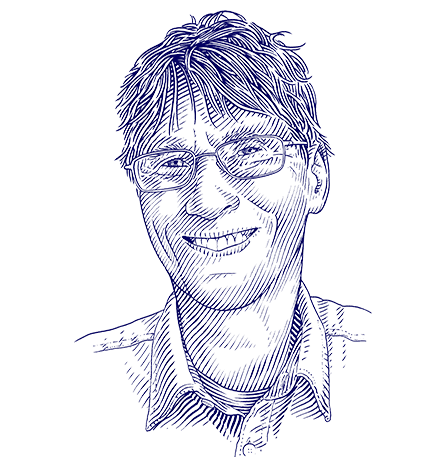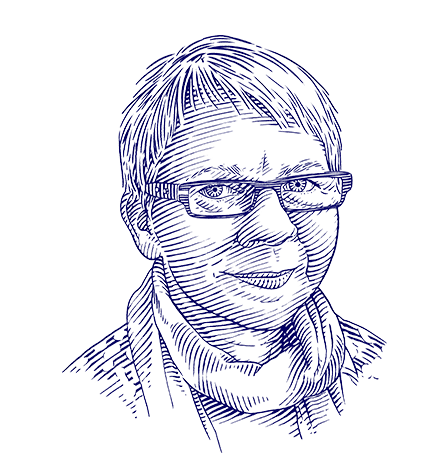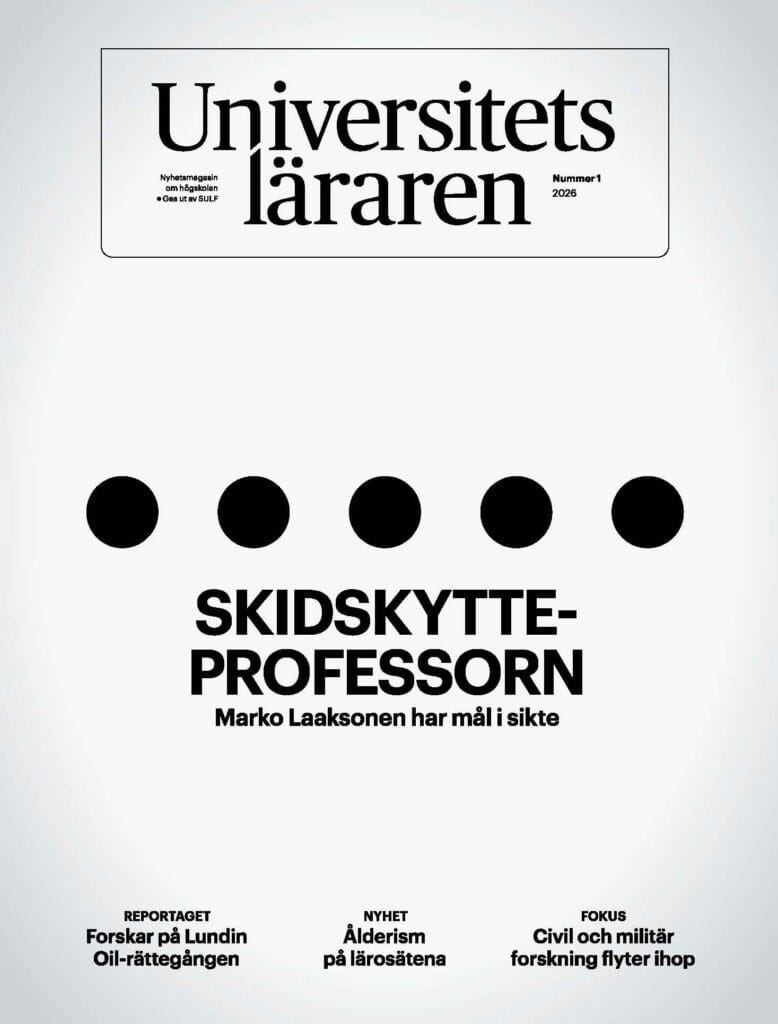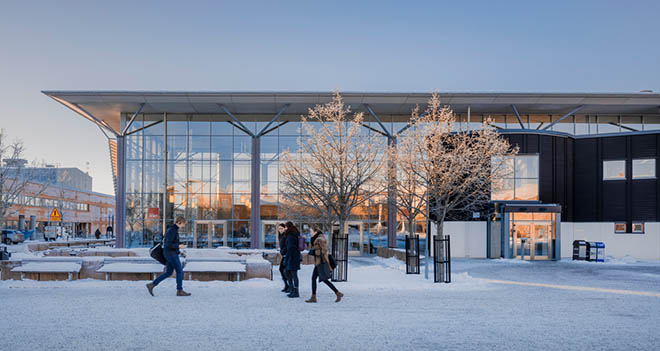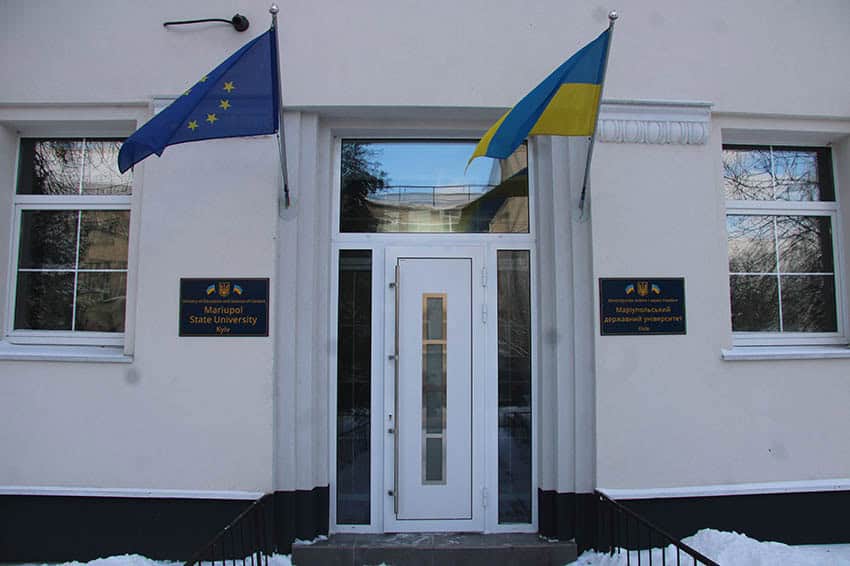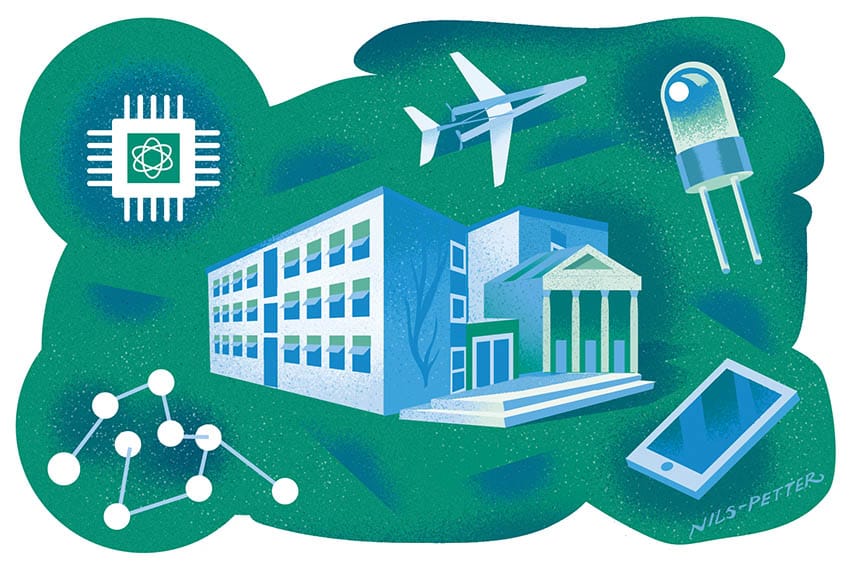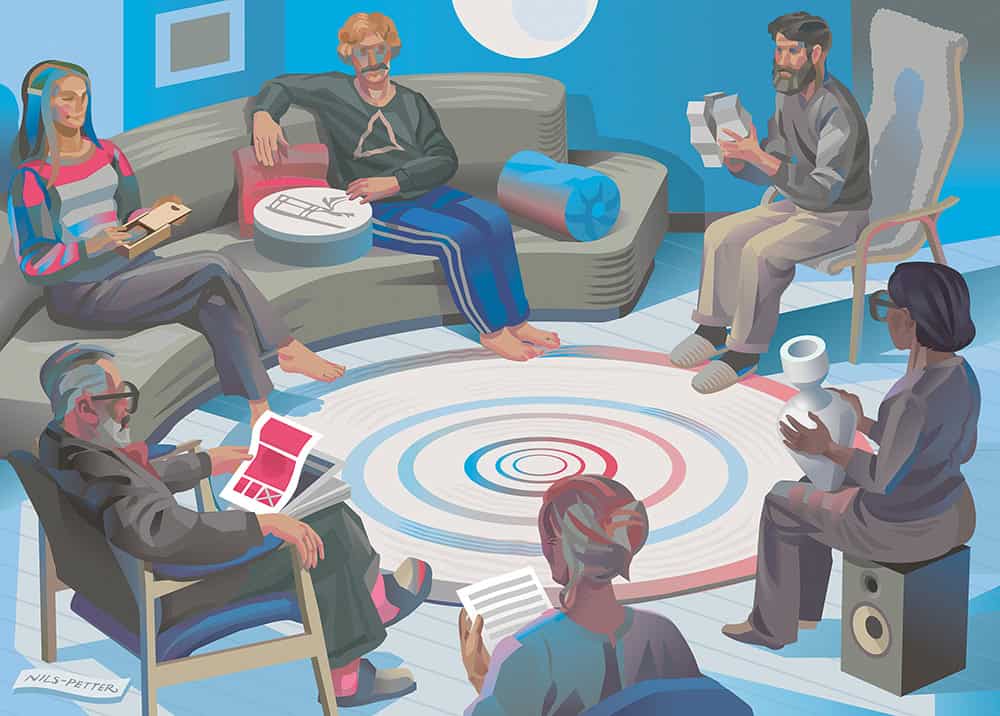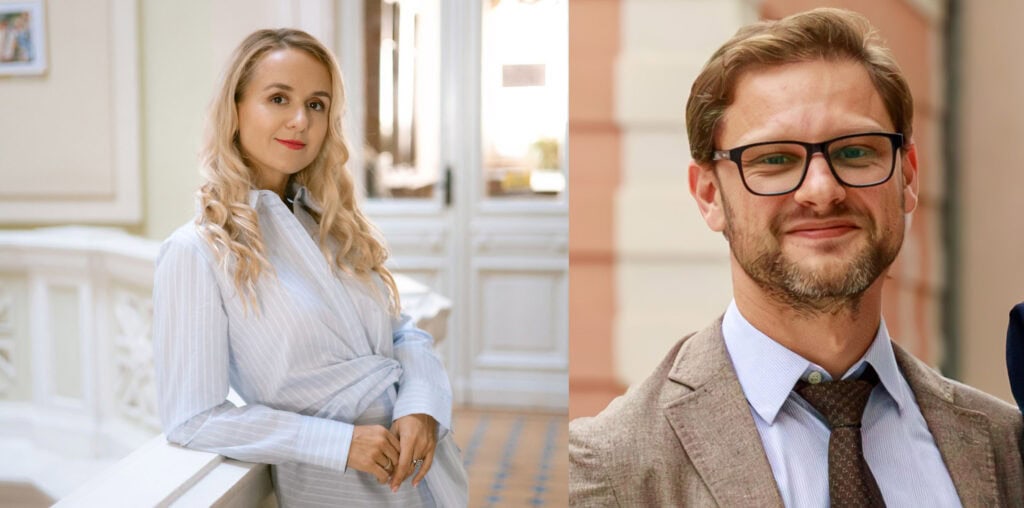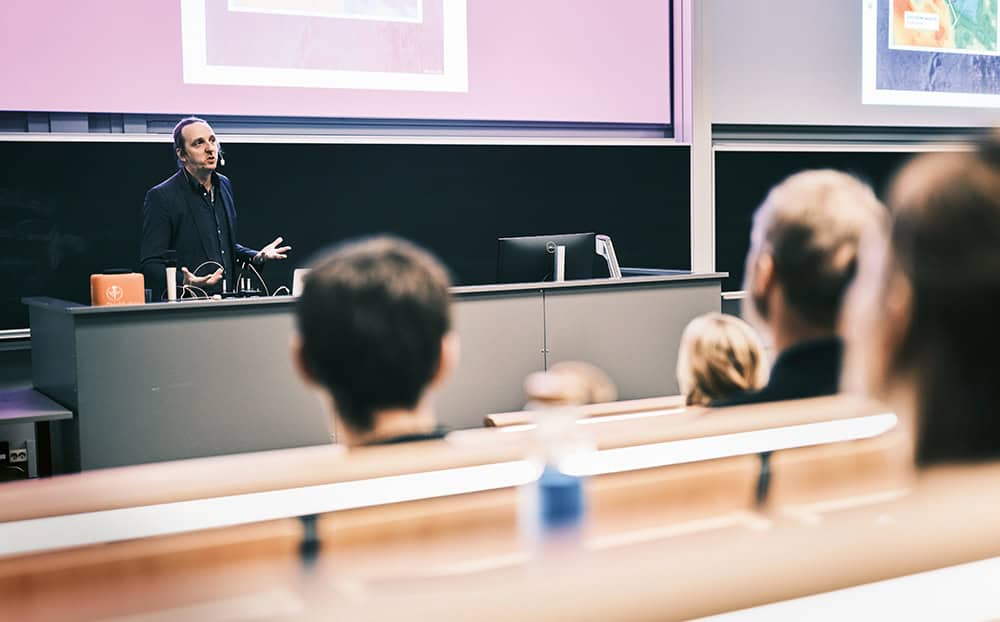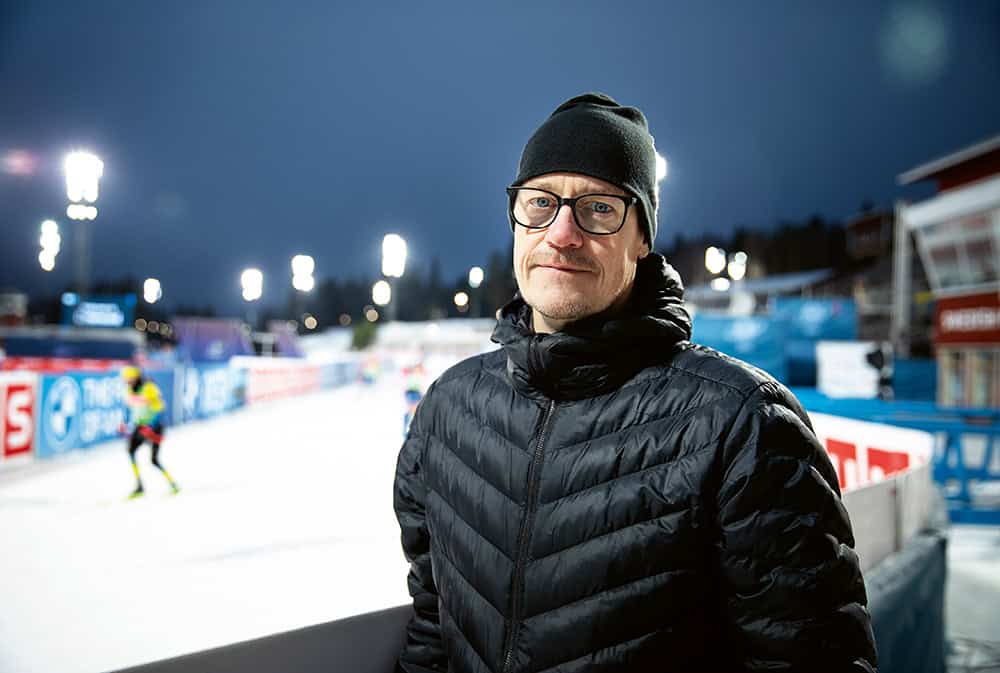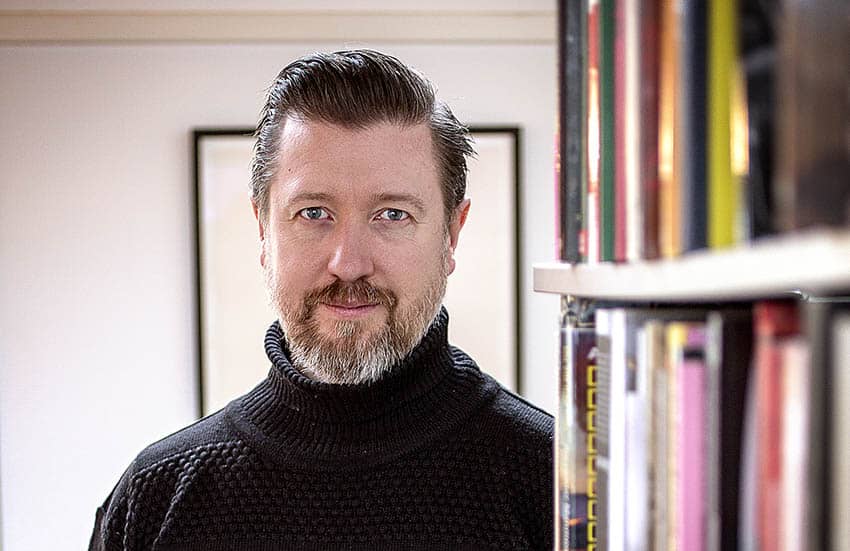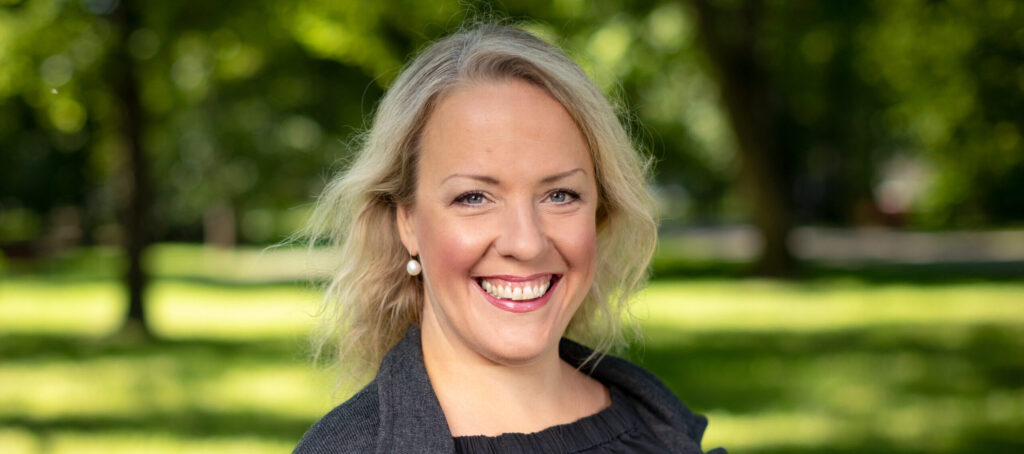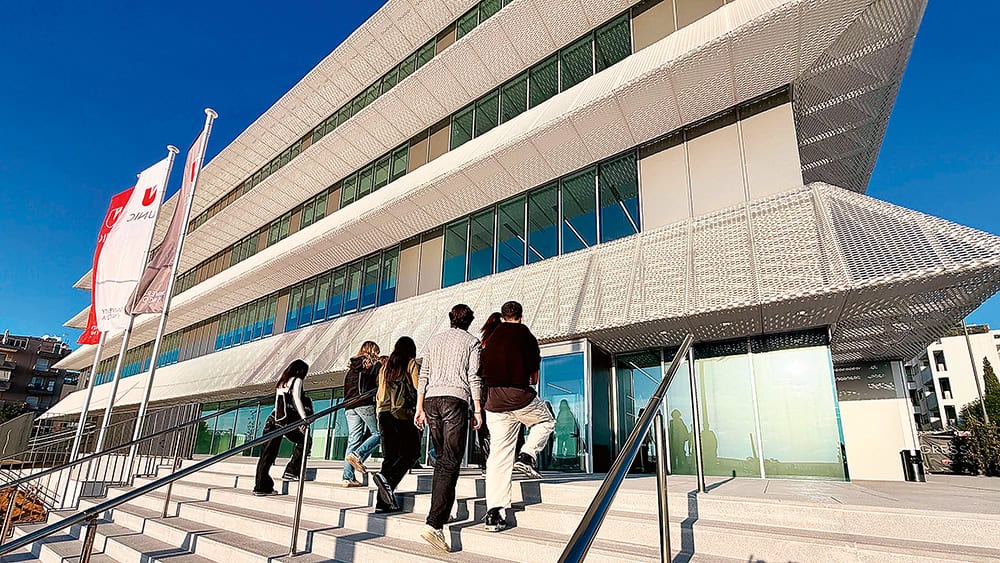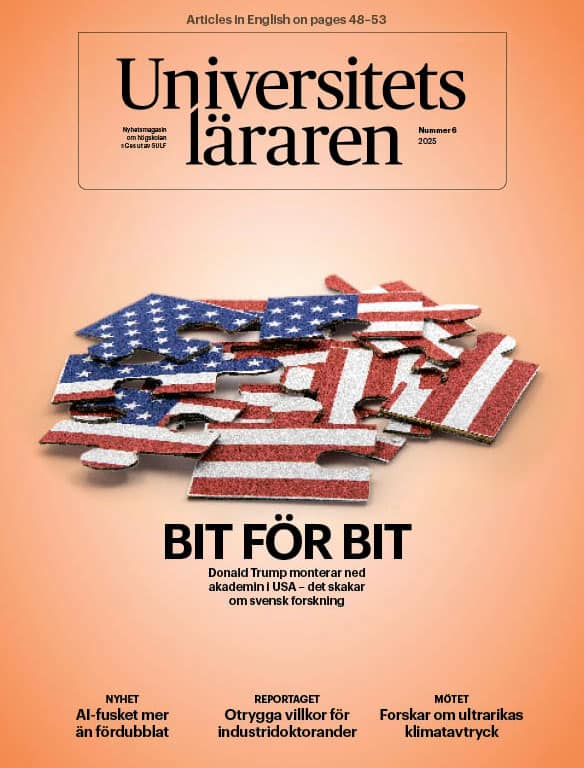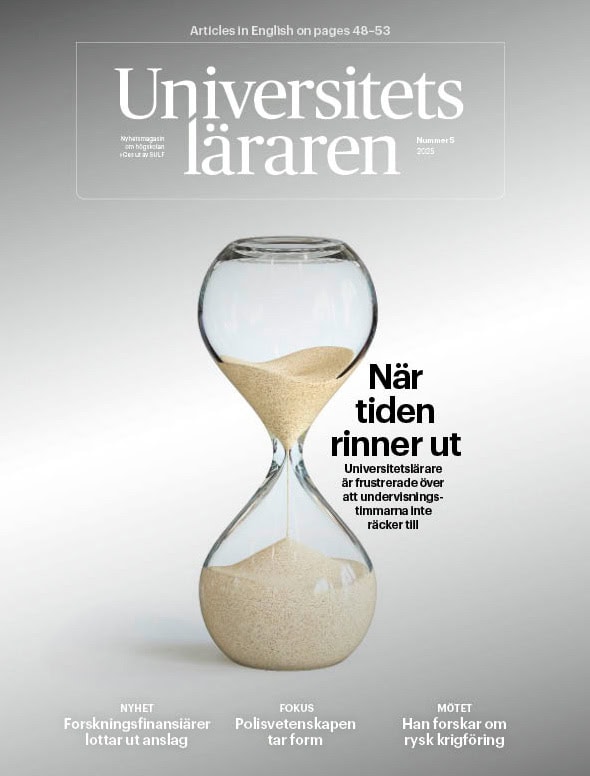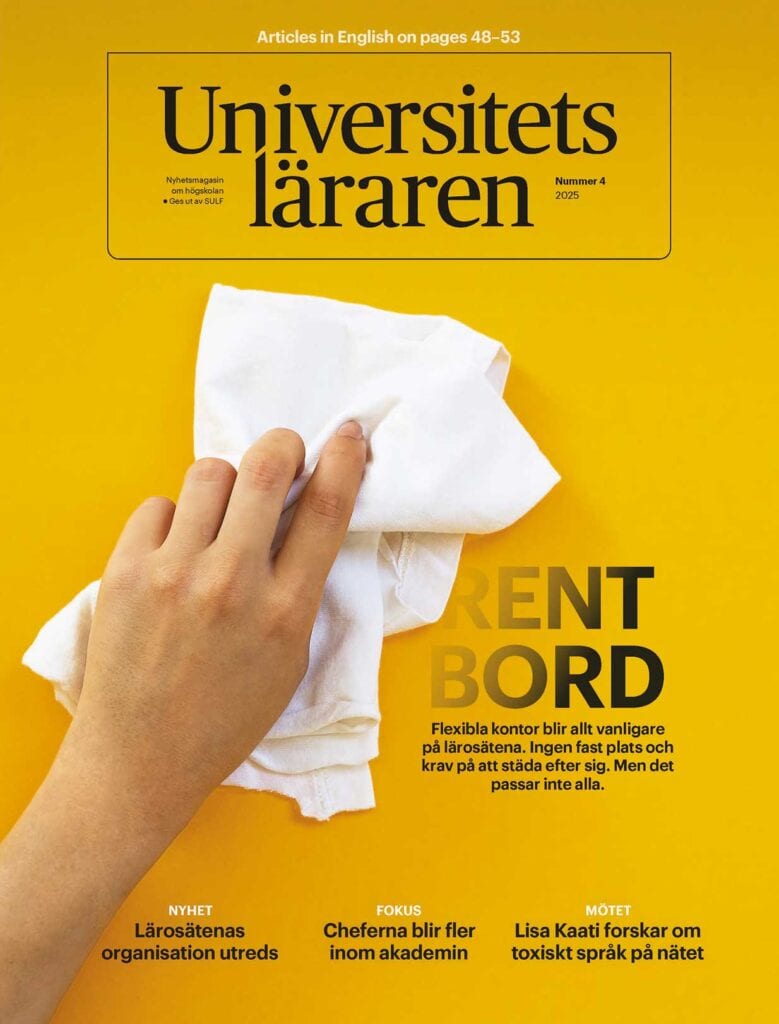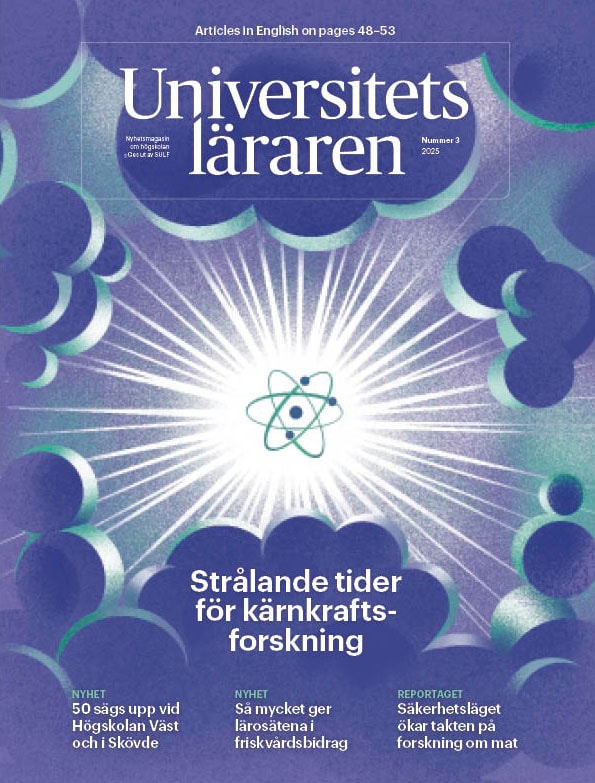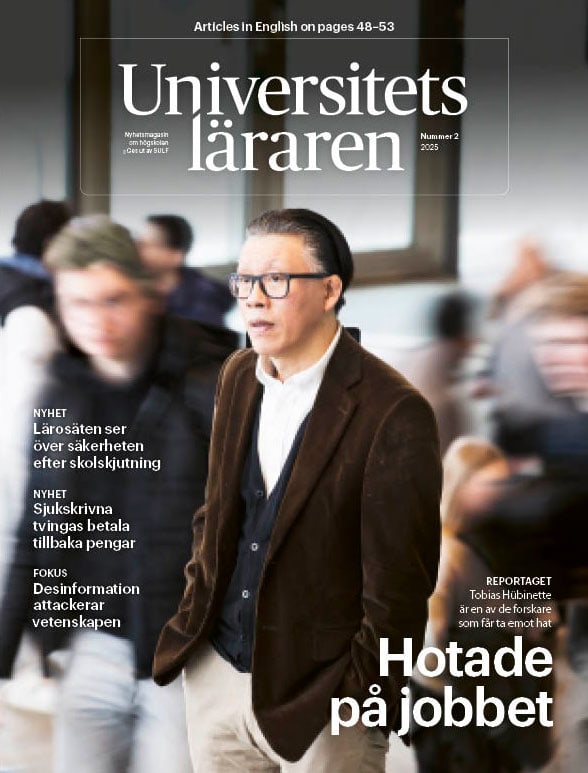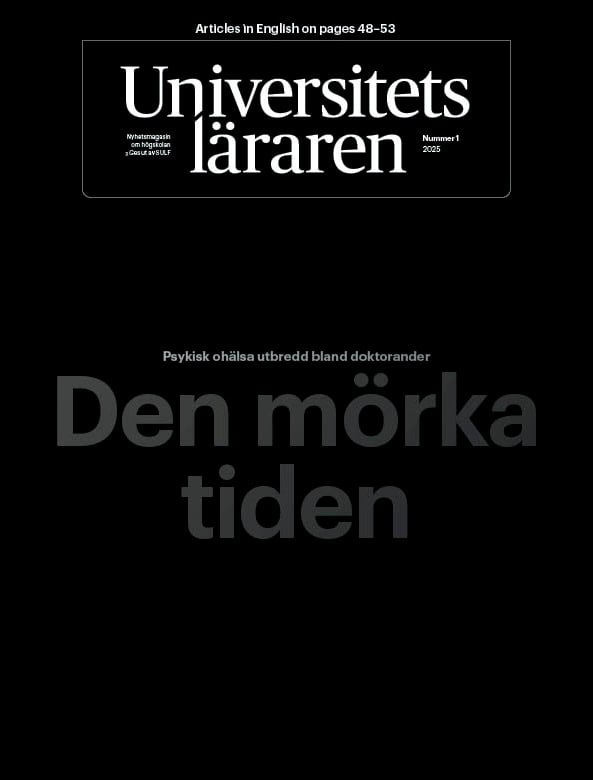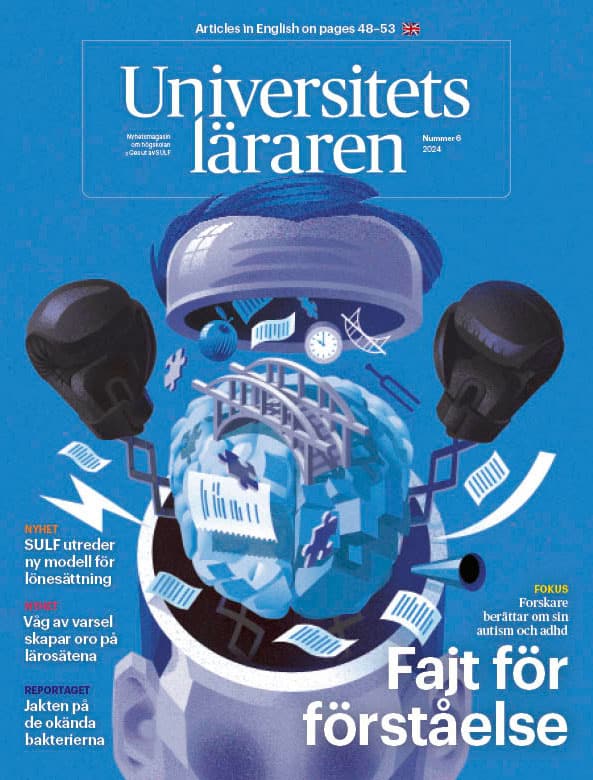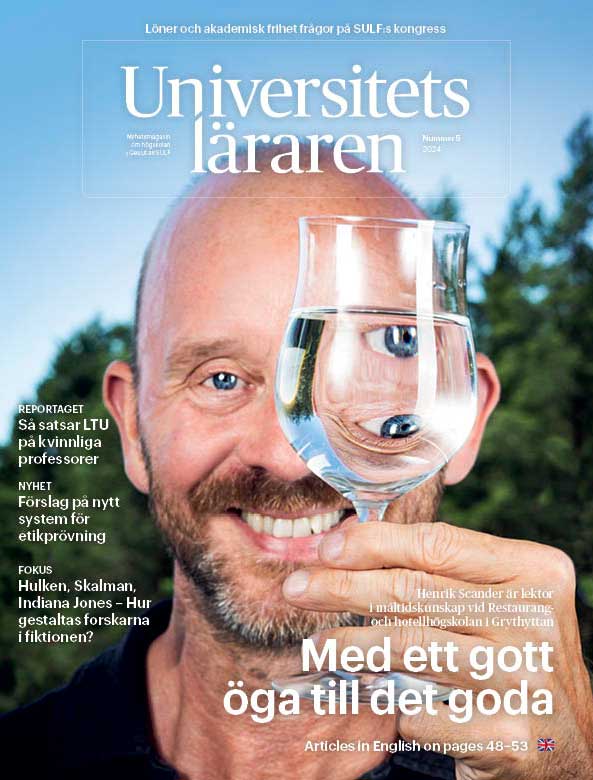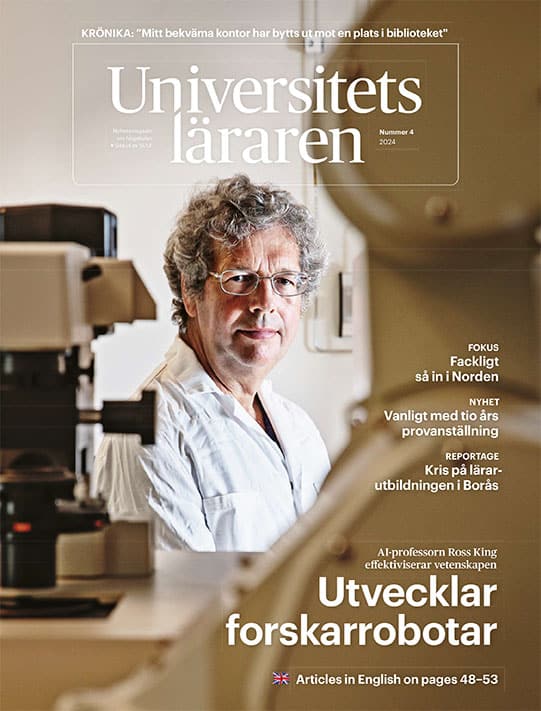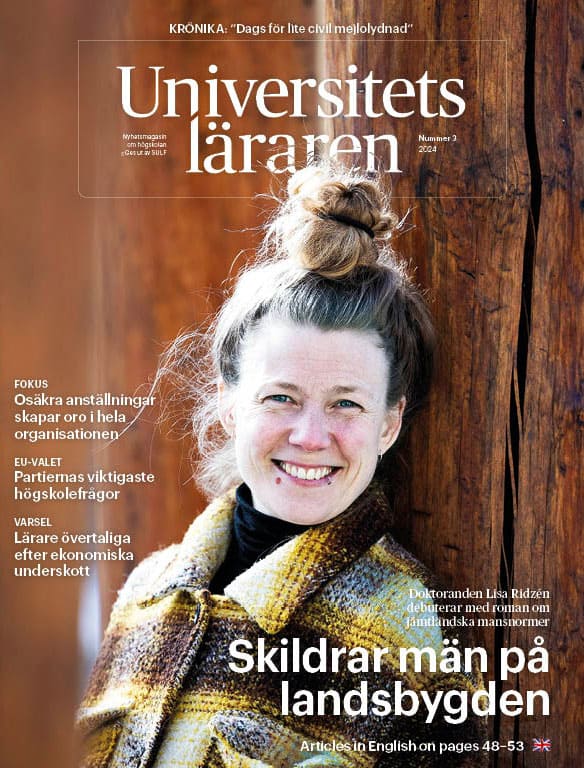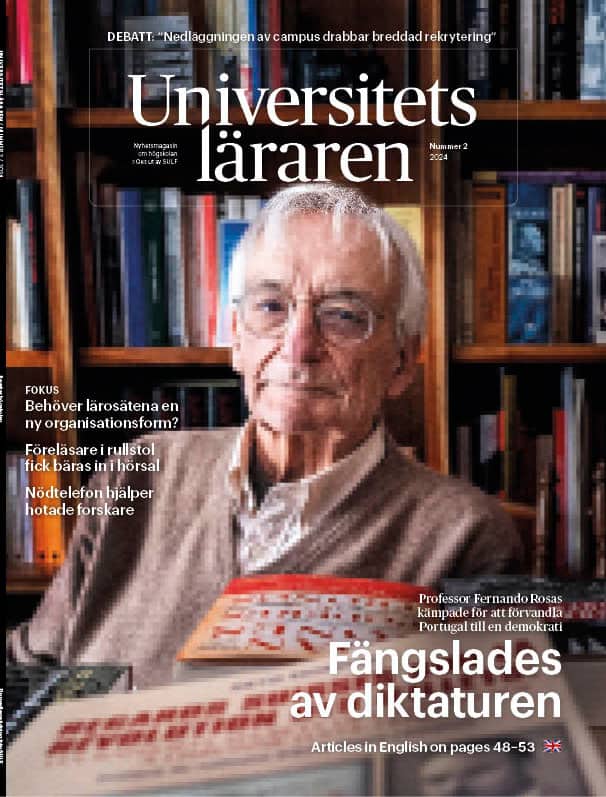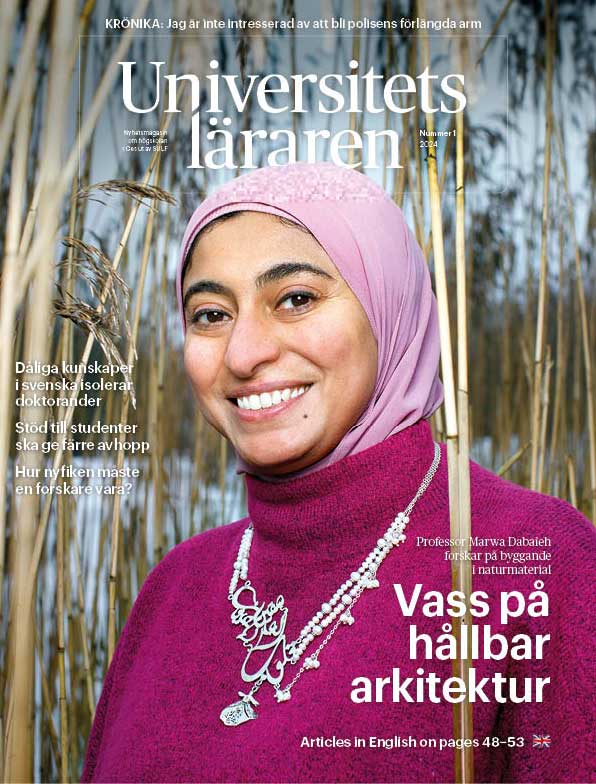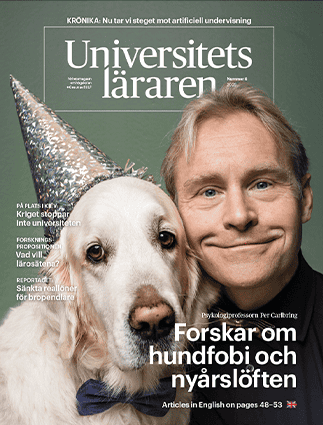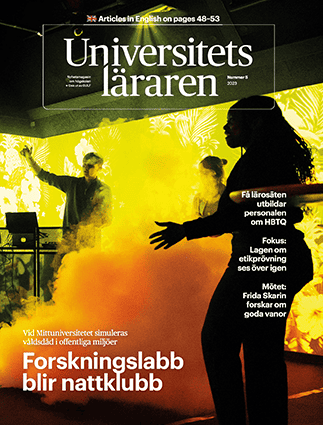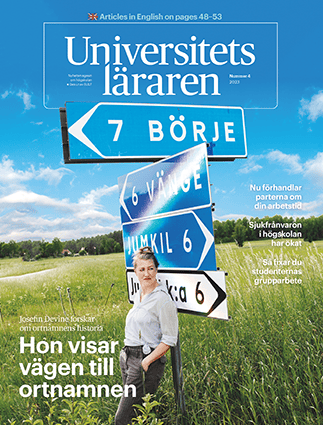As a foreign PhD student in Sweden, I often get the question “So, how is it up there?” when I go back for holidays and meet friends, some who are also PhD students and some who are not. At first, I was eager to share as much as possible but after hearing their versions, I started to become quieter and more careful about what I said. That feeling of “showing off” with which I used to arrive home was not pleasant. It does still happen nowadays, even after some reflection and “readjustments”; it is difficult to conceal experiences when you suddenly get excited.
Luckily, I’m an employed PhD candidate in Sweden. Even though that might seem like a normal situation in Sweden, it is viewed as a unique opportunity in Portugal, where scholarships rule. The characteristics of PhD employment in Sweden make it a completely different experience for a PhD candidate. For instance, linking salary level to the cost of living makes it easy to conclude that it would be impossible to have the same living standards in Portugal as I have here in Sweden.
Moreover, I feel much more secure and optimistic about my future. The fact that we receive social benefits if we become unemployed after finishing our PhD greatly reduces the stress in that period during which we have to decide/find the next step.
But it is not just that. Foreign PhD students in Sweden experience a social system that works, indeed a society that works. They experience how easily and quickly things can be set in motion and in a correct, transparent and fair manner. Consequently, it might be understandable that I have started to have a hard time to understand/accept the reduction of the number of Portuguese research PhD scholarships; to accept how much we have to pay to study in Portugal; to accept that there is no such concept as “PhD employment”; and I even went down to the level of finding it interesting (in a negative way of course) that we have to pay to use the highways.
Besides, having a PhD employment also means, among other things, that I pay my taxes, which makes me feel that I’m also contributing to the social system. This positive feeling is further intensified by enjoying on a daily basis the results of this contribution, for example in the form of easy access to and high quality of education, health and social systems.
Therefore, it becomes clear why talking about the Swedish reality can give rise to uncomfortable situations in countries like Portugal or Greece, where the unemployment rate is high and there are many other social issues.
A range of interesting issues come up when I discuss this subject with some of my friends who are also foreign PhD candidates.
For instance, Nigerian PhD candidates see that the window to publish in international journals is open to them, as well as the fact that when they return home they feel that they are more prepared and have experienced greater intellectual stimulation.
Indian students appreciate the office atmosphere, (e.g. the Swedish common room versus the more private office in Indian), the quicker communication and the easier access to articles in international journals.
Iranian students feel the difference in welfare in terms of an easier atmosphere to work, to express themselves, to do things they have never done before and to meet international students. Perhaps being quieter or becoming uncomfortable is not the way, but sharing these new experiences is.
If the world is an open place today, it should be because it needs exchange of knowledge.
Jorge Ferreira,
PhD candidate from Portugal,
University of Borås

